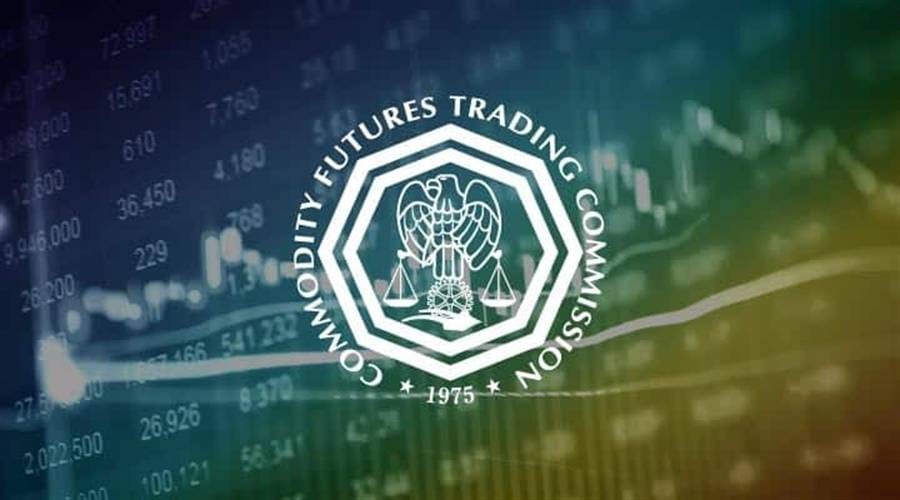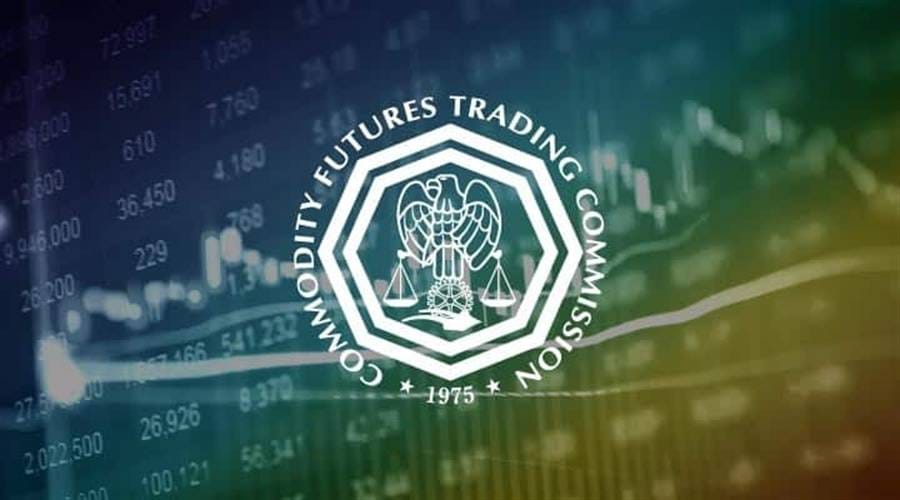CFTC: Core Issue of DeFi is Lack of Accountability

The U.S. Commodity Futures Trading Commission (CFTC) has published a report on DeFi, urging authorities to thoroughly study how to regulate the DeFi industry.

In a comprehensive 79-page report on DeFi, the CFTC detailed the challenges facing DeFi and proposed solutions for policymakers to begin their research.
CFTC Commissioner Christy Goldsmith Romero stated that the report aims to inform ongoing policy debates in the U.S. Congress, state legislatures, and regulatory bodies, including the CFTC. It is considered the "first comprehensive report on DeFi" from an authoritative agency.
Key Issues and Solutions in the Report
One of the core issues highlighted in the report is the ambiguity in responsibility and accountability among service providers in DeFi.
Below are some specific solutions proposed by the CFTC:
- Resource Assessment, Data Collection, and Mapping:
- Enhance technical capacity and understanding of DeFi.
- Map existing DeFi to measure and highlight interconnections and threats (use of leverage, concentration, potential cybersecurity vulnerabilities).
- Develop continuous information collection, monitoring, sharing, and legal partnerships.
- Survey of Existing Regulatory Scope:
- Use mapping to determine if DeFi products and services fall within U.S. financial regulations.
- Assess compliance levels.
- Identify regulatory gaps and consider expanding the framework to address risks.
- Collaborate with self-regulatory organizations.
- Evaluate regulations of peer international jurisdictions.
- Identify, Assess, and Prioritize Risks:
- Include risks from information asymmetry and conflicts of interest, operational, technical, and security vulnerabilities, liquidity and maturity mismatches, excessive leverage, algorithmic discrimination, wash trading, front-running, market manipulation, oracle exploits, protocol consensus vulnerabilities, pre-installed algorithm errors, dependency on service providers, and other forms of concentration risks.
- Assess the financial and technological complexity of DeFi components.
- Address fixed cyclicality and illegal finance.
- Identify and Evaluate Potential Policy Responses:
- Consider disclosures, regulatory reporting, third-party audits, entry restrictions, regulatory oversight, governance regulations, conduct regulations, product regulations, balance sheet regulations, activity restrictions, structural regulations, and resolution planning.
- Promote Greater Engagement and Collaboration:
- Work with domestic and international standard setters, regulatory efforts, and DeFi developers.
Recommendations and Future Steps
These CFTC recommendations do not have the force of law, but the report is considered a significant step in policymaking for DeFi.
Given the potential risks associated with unclear regulations, the report emphasizes the need for timely action and cooperation between the government and the industry through strategic initiatives and regulatory frameworks to better understand DeFi.
Readers can access the full CFTC DeFi report here.





